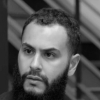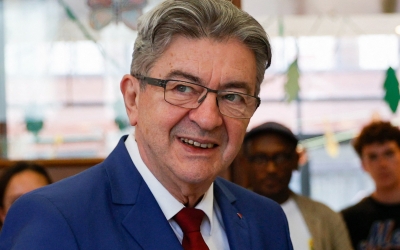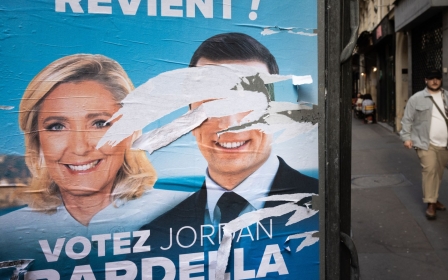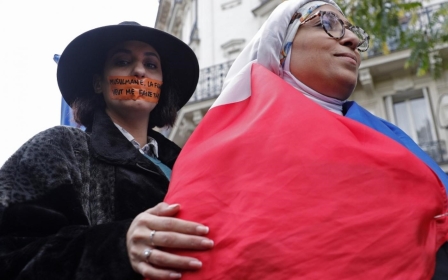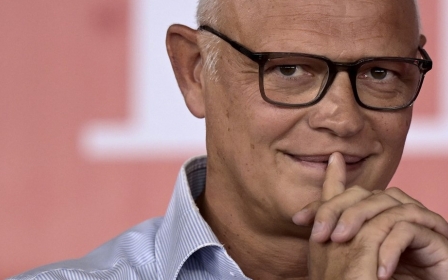France: How elections results can affect state Islamophobia
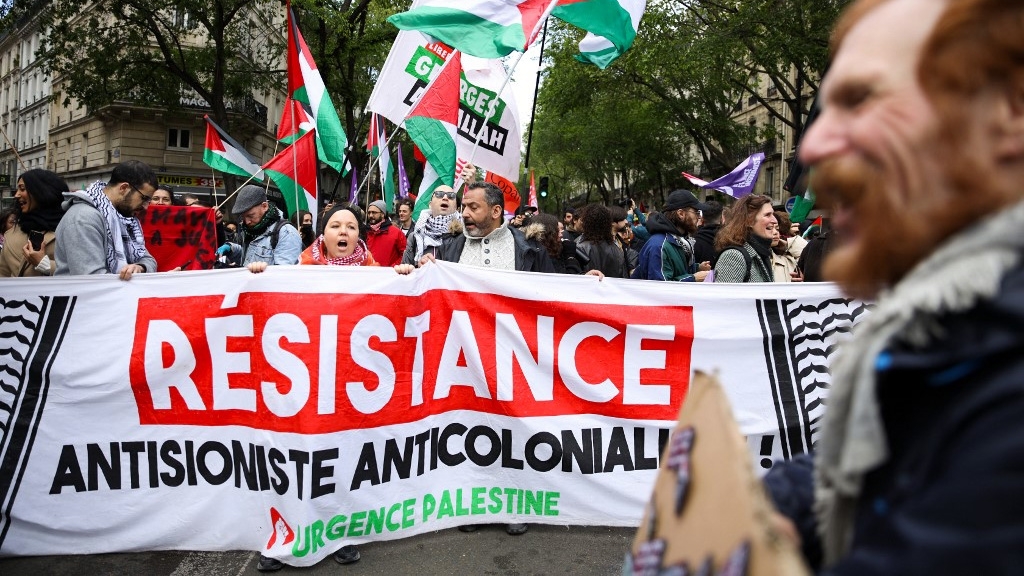
When French President Emmanuel Macron decided to dissolve the National Assembly last month after a sweeping far-right victory in European elections, he opened one of the most intense chapters in his country’s recent history.
To many analysts, the decision seemed absurd. Macron’s party held the most seats in parliament, and it was now poised to lose that position. Amid far-right enthusiasm, Macron’s gamble appeared extremely risky.
A wave of panic swept France. Could the far-right National Rally seize power? Its chances had never been higher.
The first round witnessed the second crushing far-right victory in a month, as the National Rally won 33 percent, with nearly 11 million votes - a historic record for Marine Le Pen and her allies.
As in past elections, a tactical voting strategy known as the “republican front” was then used by Macron and the left, as they effectively joined forces to defeat the National Rally.
New MEE newsletter: Jerusalem Dispatch
Sign up to get the latest insights and analysis on Israel-Palestine, alongside Turkey Unpacked and other MEE newsletters
This tool, previously able to disrupt the translation of the National Rally’s support into parliamentary seats, initially seemed obsolete - but the second round of the vote ended with another shocking surprise. Despite securing the most votes, the far right couldn’t overcome the front, achieving a disappointing third place in parliament.
During this tumultuous electoral process, Muslims were facing increased levels of persecution.
Post-truth era
Earlier this year, Macron and senior officials gathered to discuss the threat of a Muslim Brotherhood infiltration in France, showing how conspiratorial Islamophobia has penetrated the highest levels of the state in a post-truth era. This led to the commission of a report on the impacts of “political Islam” and a renewed crackdown on Muslim civil society.
The report, scheduled to land this fall, is expected to include a “description” of this imaginary threat and a series of recommendations to neutralise it. This will likely form the basis of future Islamophobic laws, such as prohibiting the wearing of the hijab in public.
Inspired by the Palestinian struggle and numerous protests across the country, Muslim activists have developed a renewed consciousness based on autonomy
Under the pretext of protecting national security during the Olympics, French police last month undertook a series of violent raids, including 250 in Paris alone. In addition, 5,100 Muslims were being closely monitored. Some victims of the raids have been placed under house arrest for the duration of the Olympics.
The National Assembly has traditionally been composed of two main blocs, with the president’s holding the most seats. But the latest vote has ushered in an unprecedented era of uncertainty, with none of the three blocs in a position to rule alone. With no clear majority, who will govern? And what does this mean for institutional Islamophobia?
The left and the Macronist centre, along with some of its right-wing allies, are negotiating the conditions of a coalition. This potential partnership could support a government until the 2027 presidential election.
But the probable emergence of “republican” governance is not synonymous with future antiracist governance, as these “republican values” have proven to be a shallow concept used to silence any form of political dissent interested in protecting Muslims’ rights and lives, whether in France or Palestine.
Political growth
Some members of the leftist France Insoumise party were excluded from the front as a result of their (largely electorally motivated) criticism of Islamophobia and the Zionist regime. But the leftist alliance became possible once France Insoumise opted to compromise its “pro-Muslim” stances, abandoning any serious demand favourable to the safeguarding of Muslims’ fundamental rights.
The New Popular Front’s programme does not call for the abolition of any Islamophobic piece of legislation - though the front has partially endorsed this demand in the recent past. The platform even labels the 7 October attacks as acts of “terrorism”, validating the Islamophobic discourse of the global War on Terror.
The party went so far as to support Interior Minister Gerald Darmanin in his local race for a seat, and it promoted nominating a member of the Socialist Party, whose support for Israel remains unfazed by the ongoing genocide, as prime minister.
In other words, the force born to defeat Le Pen remains riven with Islamophobia and anti-Palestinian racism. The state’s Islamophobic agenda will not likely face any major obstacles in the future. Whatever form the republican partnership adopts, it will most likely introduce an Islamophobic bill soon after the report commissioned by Macron is published.
Muslims in France have been on a vicious emotional rollercoaster, leaving them at the point of exhaustion. But amid this backdrop, new perspectives of struggle have emerged, indicating unexplored avenues for political growth.
Inspired by the Palestinian struggle and numerous protests across the country, Muslim activists have developed a renewed consciousness based on autonomy. An antiracist and anti-colonial front was formed after the recent far-right surge, and Cage International is a founding member. This is a perfect example of a meaningful grassroots initiative.
Its founding statement reads: “Our resistance, as in Palestine, as in Kanaky, as in our neighbourhoods after the murder of our brother Nahel, has freed itself from all fear and is paving the way to our victory.”
Following the far-right’s recent loss, may this first symbolic victory lead to many more.
The views expressed in this article belong to the author and do not necessarily reflect the editorial policy of Middle East Eye.
Middle East Eye delivers independent and unrivalled coverage and analysis of the Middle East, North Africa and beyond. To learn more about republishing this content and the associated fees, please fill out this form. More about MEE can be found here.


